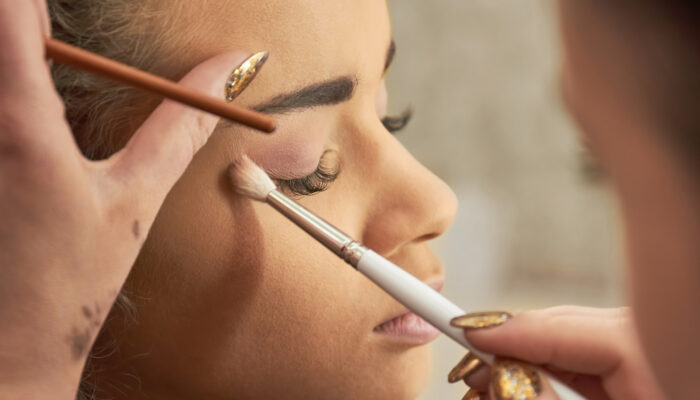
Self Help Tips to Reduce Migraines
Migraines are recurrent headaches that can range from mild to severe. There is no specific cure for migraine, yet one thing millions are awaiting eagerly. As of now, the treatment focuses on the management of symptoms. Migraines can be extremely disruptive. They can interfere with your daily life as you become extremely sensitive to sound and light. There are many warning signs and disturbances before a migraine attack and it normally affects one side of the head. Some can also feel disruptions in vision.
People who have severe symptoms could feel nauseous or giddy. However, since these attacks are recurrent, most people can sense in advance that they are likely to have an attack soon. They can prepare and take precautionary steps to bear it as much as possible. Some of the early warning signs of an impending migraine attack are nausea, dizziness, vomiting, and sudden sensitivity to light, sound, and odors.
If you have been affected by migraine attacks only recently, one good way to manage them is to quickly follow some steps that will help soothe the pain:
1. Avoid noise and bright lights
Sensitivity to sound and light is not simply a symptom, but it can also trigger migraine attacks. Avoid being in places that have bright lights and high decibel sounds – cinemas, discos, bars. You should avoid driving at night as the light from the vehicles from the opposite side can be extremely irritating. Even bright sunlight could increase the pain. If it is not possible to avoid being outdoors, use protective eye gear to lessen the impact of bright lights.
2. Avoid lights at home
If you are indoors, draw the curtains and shut out bright light and close all windows to avoid any sudden sound from vehicles or other sources which can cause a flare-up.
3. Avoid electronics
If you are working and you feel the symptoms, take breaks every 30 minutes or so, make sure you blink your eyes frequently. Adjust the brightness of your gadgets so that it hurts you as little as possible.
4. Stay away from extreme weather
If you can sense symptoms of a migraine attack, avoid being outdoors in very cold or very warm surroundings. Both humidity, nippy air, and heat can increase the intensity of migraine. If you are outdoors and cannot escape it, try your best to get inside a covered area every 30 minutes or so.
5. Hot or cold compress
Apply hot or cold compress around your head and neck to relax the nerves and muscles and reduce the pain.
6. Rest
The best way not to increase symptoms once you sense it is to rest. You can either sit or lie down. Movement can speed up the onset of the migraine. If you are at work, try and take a break to lie down till you feel better. If the symptoms advance rapidly, it is better to take a day or two off from work. Working during migraines can be very uncomfortable and add to the stress.
7. Caffeine
A hot coffee or any beverage that contains caffeine can provide relief from early symptoms of migraine attacks.
These steps can help you prevent and manage migraine better. If the symptoms do not improve and you have a full-blown attack resulting in severe pain, it is better to look at stronger medication, home remedies or natural alternatives that can help.



